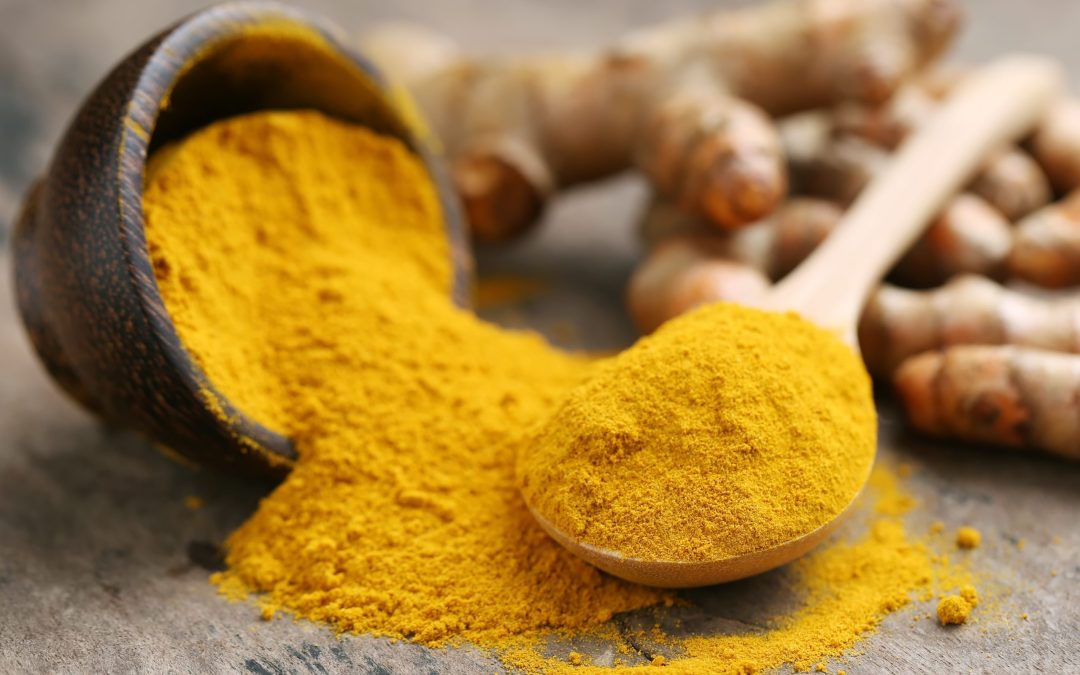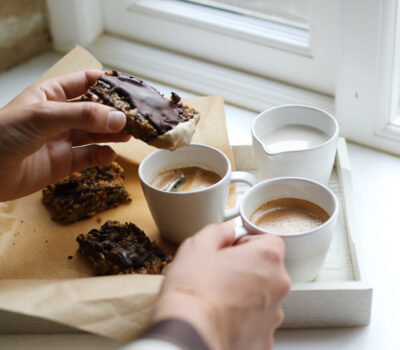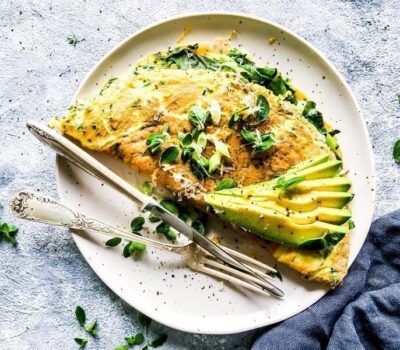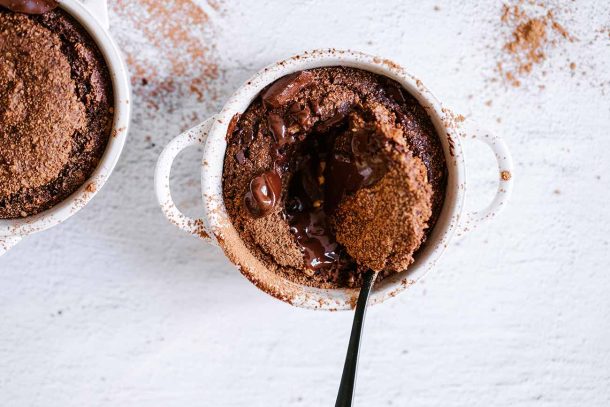Inflammatory processes are are normal and adaptive aspect of our physiology. Acute inflammation is a healthy immune response to injury or infection of some kind in order to promote healing. It is characterised by five hallmark symptoms, being redness, heat, swelling, pain and loss of function.
Chronic inflammatory conditions, however, are the leading cause of death in the world. Cancer, heart disease, diabetes, arthritis, depression and Alzheimer’s have all been linked to chronic inflammation. In addition, chronic inflammatory conditions include the wide ranging and increasingly prevalent auto immune conditions whereby the body sets up inappropriate immune responses against its own tissue. Chronic allergies are also an increasingly common source of inflammation.
The role of dietary and lifestyle choices is critical.
This link between lifestyle and inflammation is now very mainstream, with Harvard Medical School stating, “Doctors are learning that one of the best ways to reduce inflammation lies not in the medicine cabinet, but in the refrigerator”. Another very prestigious medical journal, The Lancet recently published a paper stating that poor dietary habits were associated with a range of chronic diseases and can potentially be a major contributor to NCD (non communicable disease) mortality in all countries worldwide.
Former medical doctor, Dr Terry Wahls, cured herself from Multiple Sclerosis, an inflammatory and neurodegenerative auto-immune disorder, using dietary and lifestyle interventions. Dr Wahls referred to this as a “radical approach” after conventional medical treatment had failed, despite having access to “the best doctors at the renowned Cleveland Clinic and taken the state-of-the-art drugs”.
Whilst the biochemical factors influencing inflammation are varied and extremely complex, there are many simple ways in which diet and lifestyle can help to reduce or mediate inflammation, summarised below.
Most importantly, avoid foods known to induce and promote inflammation.
These include:
- Processed foods. That is, food containing high amounts of processed sugars, high fructose corn syrup (HFCS), e.g. processed meats and soft drinks.
- Hydrogenated vegetable oils and margarine.
- Excess sugar from all sources.
Include a variety of whole foods.
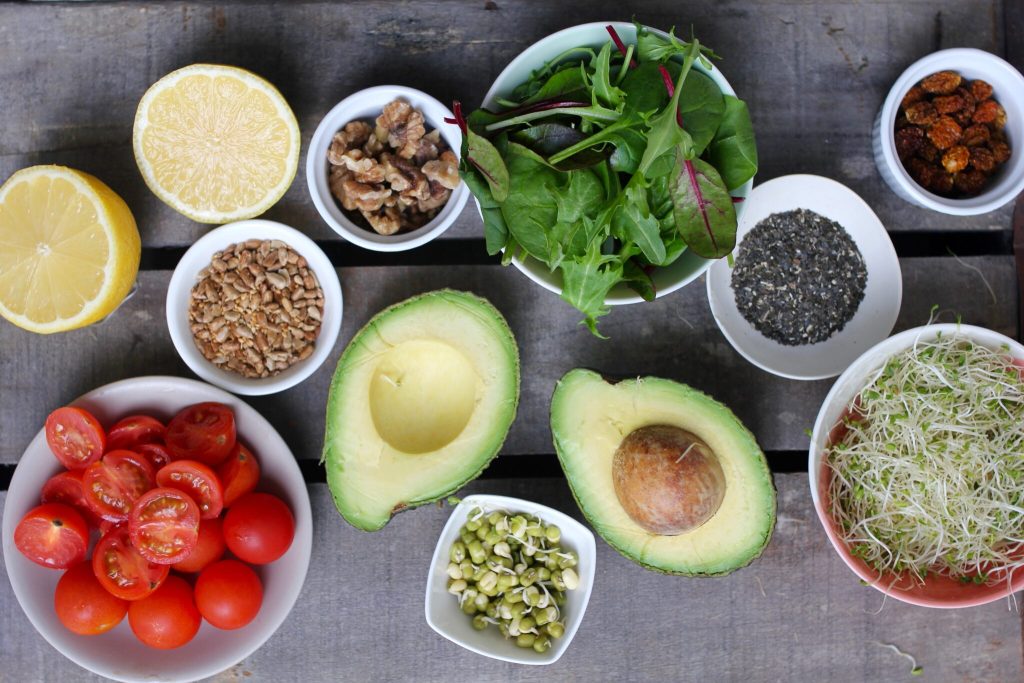
- That is, whole foods containing abundant nutrients and anti-oxidant phytochemicals. This includes a variety of colourful seasonal vegetables and fruits (eat the rainbow). Choosing organic and seasonal ensures the highest nutrient yield and avoids dangerous herbicides such as glyphosate and pesticides such as chlorpyrifos.
Include anti-inflammatory foods
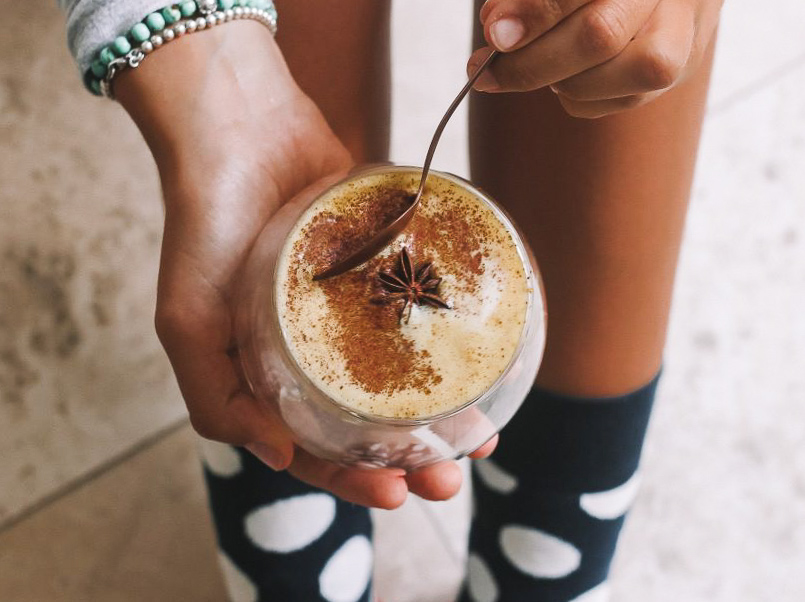
- For example, turmeric and ginger, which have had a long history as both medicinal and culinary spices. More recently these medicinal benefits, particularly ant-inflammatory and circulatory boosting properties, have been validated in scientific studies. Learn how to easily incorporate these ingredients into your diet.
Consume healthy fats
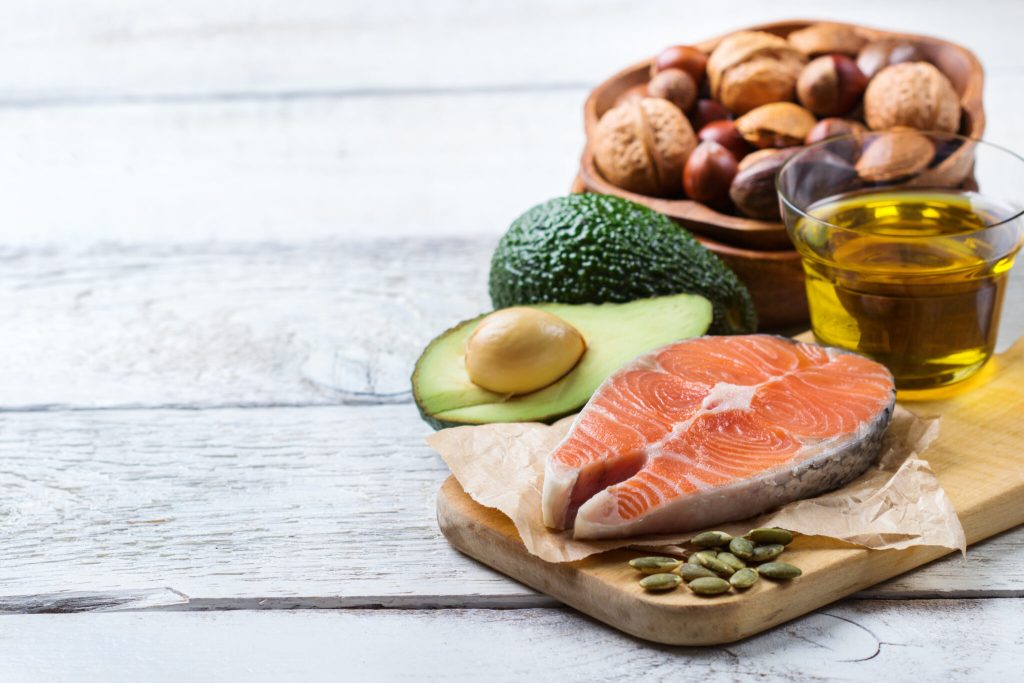
- Ensure sufficient omega 3 fats (avoiding dominance of omega 6 fats) . Fats have an important influence on our inflammatory pathways.
Eat foods which help to regulate blood sugar (low Glycemic load)
- High blood sugar and insulin resistance promote inflammation, whilst inflammation also promotes insulin resistance. This means choosing whole foods, protein and fibre.
Eat foods which promote healthy gut flora
- Compromised gut flora and mucosa (lining) is associated with increased risk of auto immune and allergic responses. Several studies have identified gut dysbiosis as a risk factor for altering immune signalling and potentially initiating auto immune diseases and inflammation.
Whilst all of our recipes avoid processed foods & sugars, and have little to no natural sugars (usually from whole foods), those specifically marked as anti-inflammatory in the meal planner of our app have additional anti-inflammatory properties reflecting certain aspects or combination of the above factors.
The following lifestyle factors are also important in reducing inflammation in the body:
- Get enough sleep. This is when our bodies restore and detoxify.
- Learn techniques to minimise the impact of stress and regulate the nervous system, such as mindfulness and meditation, as well as facilitated psycho-biological approaches such as somatic experiencing.
- Stay hydrated. One of the many vital roles of drinking sufficient clean water is the flushing of toxins, which have a significant on inflammation.
- Move. Moderate exercise benefits our health in many ways, one of which is improving blood and lymph circulation which is also important in supporting detoxification processes thus assisting in reducing inflammation.

